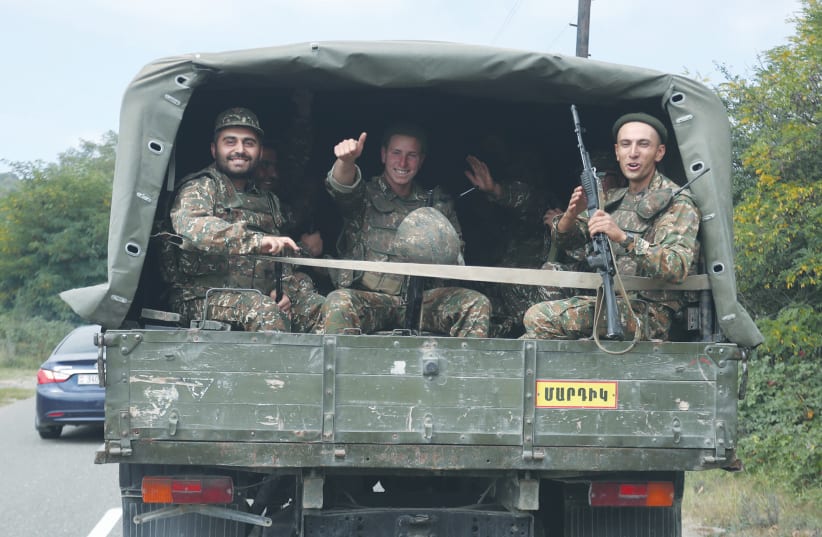‘Counter-terrorism’ in Turkey’s foreign policy: Old wine in a new bottle?
Since the 1980s, Ankara has drawn on the usage of counter-terrorism. More specifically, Ankara used this discourse to undermine Armenian diaspora claims for genocide recognition.
